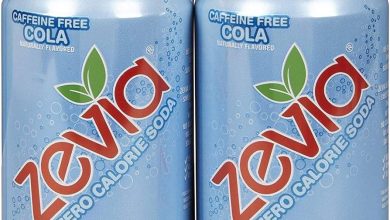Butter (Unsalted)
Description:
Unsalted butter is a versatile ingredient cherished in both savory and sweet culinary creations. With its rich and creamy texture, it enhances the flavor of dishes, making it a staple in many kitchens.
Nutritional Information
| Nutrient | Amount |
|---|---|
| Energy (kcal) | 717.0 |
| Protein (g) | 0.85 |
| Total Fat (g) | 81.11 |
| Saturated Fat (g) | 50.489 |
| Carbohydrates (g) | 0.06 |
| Fiber (g) | 0.0 |
| Sugar (g) | 0.06 |
| Calcium (mg) | 24.0 |
| Iron (mg) | 0.02 |
| Magnesium (mg) | 2.0 |
| Phosphorus (mg) | 24.0 |
| Potassium (mg) | 24.0 |
| Sodium (mg) | 11.0 |
| Zinc (mg) | 0.09 |
| Copper (mcg) | 0.016 |
| Manganese (mg) | 0.004 |
| Selenium (mcg) | 1.0 |
| Vitamin C (mg) | 0.0 |
| Thiamin (mg) | 0.005 |
| Riboflavin (mg) | 0.034 |
| Niacin (mg) | 0.042 |
| Vitamin B6 (mg) | 0.003 |
| Folate (mcg) | 3.0 |
| Vitamin B12 (mcg) | 0.17 |
| Vitamin A (mcg) | 684.0 |
| Vitamin E (mg) | 2.32 |
| Vitamin D2 (mcg) | 0.0 |
Allergen Information
Contains milk; individuals with a dairy allergy should avoid consumption.
Dietary Preferences
Unsalted butter is suitable for those who wish to control their sodium intake, making it an excellent choice for low-sodium diets. It is not suitable for vegans or those following a strict dairy-free diet.
Advice
When using unsalted butter in cooking or baking, remember that it allows for better control over the salt content in your dishes. Consider using it in recipes where you can balance flavors, such as in baked goods or creamy sauces. Always store it in the refrigerator to maintain freshness.
Conclusion
Unsalted butter is an essential ingredient that provides richness and depth to a variety of dishes, making it a cherished component in the culinary arts. Whether you’re baking, sautéing, or spreading, its creamy texture and subtle flavor enhance every meal, embodying the love and care that goes into home cooking.










